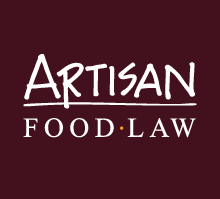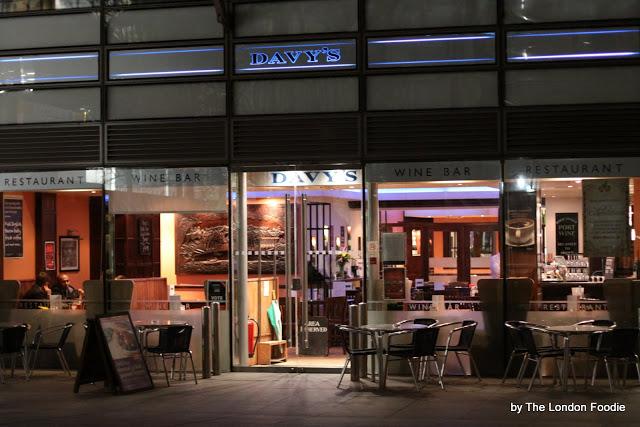Davy’s put rare burgers back on the menu
Burgers cooked ‘as you like them’ are back on the menu at Davy’s Wine Bars and Restaurants after two years of legal wrangling with Westminster City Council. The Artisan Food Law Blog provided the background to this story back in December 2012 and we can now bring you up to date.
In July last year Davy’s secured the right to serve rare burgers and in a second case, heard on 17 December last month, Westminster offered no evidence and the prosecution was dropped. It is the reasoning of the court set out in the judgement handed down last July which provides interesting reading.
What both the Food Standards Agency and Westminster City Council consistently failed to acknowledge is the role played by provenance, quality and transparency in sourcing policies. Meat is meat so far as they are concerned, these factors appear to be irrelevant yet they ultimately determine the nature of what is served to the consumer. Taking these factors into account, District Judge Elizabeth Roscoe, who heard Davy’s appeal against a hygiene improvement notice (HIN), had a better grasp of the situation:
There is a balance to be struck between ensuring the safety of the public and allowing them the freedom of choice that they would wish and have a right to expect.
The HIN with which Davy's had been served cited a number of concerns, in particular:
- There were inadequate measures in place to control risk related to pathogenic microorganisms and their toxins in burgers served medium rare or rare; and
- There were inadequate documented procedures in relation to the safe preparation and cooking of burgers.
Davy’s refuted both concerns arguing that its procedures were adequate in all respects. The case hinged on the manner of cooking of burgers, particularly the preparation and cooking of rare and medium rare burgers.
In brief Davy’s sourced high quality mince from Donald Russell in Scotland, a butcher of well-known high repute and a Royal Warrant holder. The mince is a specific product prepared for Davy’s from off-cuts of prime beef and is the first product prepared each day when equipment and machinery is sure to be clean. The mince, which at this point is suitable for raw consumption, is vacuum packed and chilled for delivery to Davy’s.
Davy’s check the mince on receipt and it is stored in its original vacuum packaging. When required for use a pack is opened and the mince is prepared with seasoning, formed into patties, wrapped in cling film, dated and returned to the fridge until required. Once again, this is the first food prepared each day when the preparation area is at its cleanest. Once the supply of patties is exhausted, a fresh batch is not generally prepared.
There was general agreement about the HACCP procedures adopted by Davy’s. Expert evidence was provided by Dr Dinsdale for Davy’s and Professor Pennington for Westminster City Council who agreed about many aspects of E. Coli 0157, including its capacity to enter the food chain and cause illness in people. In particular, that cooking burgers to an internal temperature of 70oC for two minutes eliminates E. coli o157.
Judge Roscoe noted that beef is served raw as in a carpaccio or steak tartare and is not in itself prohibited or a breach of food safety requirements. Westminster City Council argued that rare burgers should only be prepared using a ‘sear and shave’ method. A cut of beef should be seared to a high temperature on the outside, so eliminating surface E. coliO157. The cooked surface of the meat is then shaved off, and the central part minced for the burger. A process which offers no guarantees and raises a number of additional hazards, as Judge Roscoe commented:
As the patties are prepared first thing in the day to prevent risk of contamination, the patties which are to be cooked rare could not be prepared to order without risk of contamination. This is not realistic. I do not accept that the “sear and shave” method of preparing burgers is reasonable or necessarily safe in itself.
Judge Roscoe concluded that the HIN was not justified on the substantive issue, namely the manner in which Davy’s undertook the preparation of burgers. The HIN was justified on other administrative grounds, procedural departures and a failure to produce the Food Safety File for immediate inspection by an environmental health officer, but all references to burger preparation were removed. In welcoming the outcome Davy’s offered a piece of timely and salutary advice for all food businesses:
Our ability to stay the course was much aided by having proper insurance cover in place. Davy’s would recommend that other food businesses check their cover if they wish to legitimately resist enforcement action.
Photo © The London Foodie reproduced here with permission. Mission: Find the Best Burger in London - Davy's of Regent's Place





